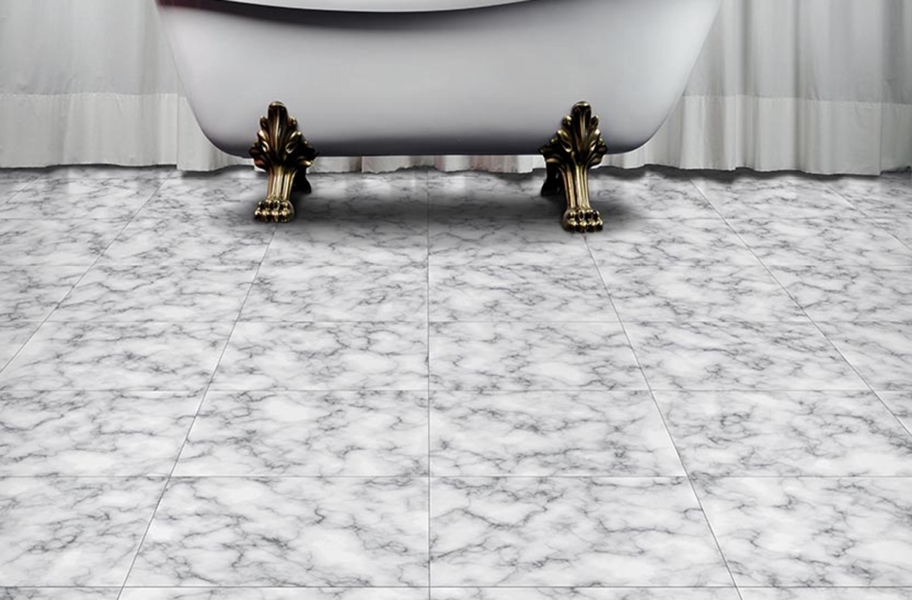A common problem for people who rent is not getting their deposit back at the end of the lease. There are many reasons this may happen, including paint over-spray or cigarette burns. While it’s always tough to lose money, there are ways to avoid losing your deposit. Here are the tips for retaining your housing deposit.
Learn What the Landlord Can Deduct from Your Security Deposit
The first thing you need to do is read your lease. Most likely, it will have a sentence that says, “The landlord is allowed to charge for damages that exceed normal wear and tear.” It can mean anything from holes in the wall to burnt kitchen counters.
When moving in, take pictures of the space and document anything considered excessive damage. It helps when you move out as it shows you didn’t damage the space on purpose or intentionally destroy things.
This is crucial, especially if you are a student tenant. Your income may be limited, and the sum of money you pay towards security deposit matters a lot. Simply put, make it a point to weigh Tarleton state university housing options carefully and pick one with tenant-friendly policies.
Ask Your Landlord What Their Policy Is On Damages Before You Move In
This can be tricky because you don’t want your landlord to make up a new rule mid-lease. But, you need to know how long they will hold your security deposit. Also, ask how long you have to fix a problem before deciding what to deduct from the deposit.
Be Polite and Organized When Moving in
It’s a good idea to send your landlord all the information you want them to see, such as the state of the unit when you move in and any personal items that may be considered “normal wear and tear.” For example, if you have a simple bedspread, it can’t be considered excessive. The same goes for electronics- if they are in working order and aren’t causing damage, it won’t likely go on your security deposit.
Replace Damaged Items Before Moving Out
If you can find replacements for broken items, it looks better for you when you move out. If your landlord has to replace something and it’s not in the budget, he will likely use that as a reason to charge more from your deposit.
Keep A Detailed List of All Damages and When They Occurred
Before you move out, make sure you note everything damaged or needs to be in repair. Once again, take pictures and prove everything that needs to be fixed or replaced.
Always Make a Copy of the Security Deposit
The landlord can’t deduct from your deposit without a receipt of some sort and most likely will not accept an email or text receipt. It would help if you made a photocopy of the original lease for your records and then a photocopy after you have spent everything on the security deposit.
It’s also good to keep some money in reserve for repairs to be in use once you move out and can’t use your deposit as it stands.
Get Your Security Deposit Back Within a Reasonable Amount of Time
The landlord has 30 days to return your money, and if the landlord doesn’t make a move in that time, you can ask in writing for the money. While some landlords might be wonderful waiting until the end of the month to give you back your deposit, it’s always better to talk with them early on and come up with a good agreement.
Don’t Argue with Your Landlord When Moving Out
Don’t break into a fight with your landlord or try to make them feel guilty. You can ask nicely, but you don’t want to do anything that might make the landlord think you are difficult.
Don’t Let the Landlord Go Over Your Security Deposit
The easiest way to avoid this is to write the check out to the amount of your deposit. If they are going over it, it’s best if you keep spending money on repairs and replacement items until you have none left for them to take from your deposit.

Know Your Rights
Knowing the laws of your state can help a lot when it comes to security deposits. If you reside in a state where you can’t be charged for normal wear and tear, make sure that’s written on the lease, or you can use it as ammunition later on if they try to make money from your deposit.
Pushback Is Okay
If there is a charge for something you didn’t think was excessive, talk with your landlord right away. If the complaint is valid, the landlord should take it off, but always be polite. You don’t want to push too hard if they disagree because it may make them think that you’re going to be difficult when moving out and make them keep your security deposit.
Get A Security Deposit Insurance Policy
The best way to shield yourself against loss is to buy an insurance plan while you are getting your security deposit back. It ensures they will get your money back no matter what.
Closing Thoughts
Getting the deposit back doesn’t have to be a hassle. Just be aware of what you can and can’t have on your security deposit, know what you are spending money on, keep a detailed list, get as much in writing as possible, and always stay polite. With these tips, you will get your security deposit back or avoid getting any money deducted from it.



/cdn.vox-cdn.com/uploads/chorus_asset/file/23115101/StayWarm_0025825.jpg)
